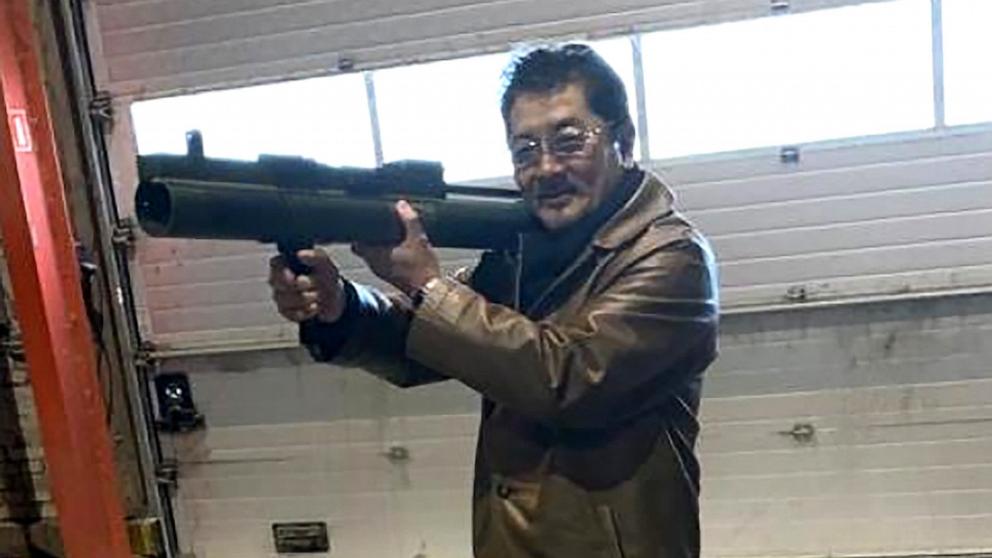Suspect Takeshi Ebisawa is suspected of conspiring to traffic in substances such as uranium.
The Justice Department has dismissed new charges against the leader of a notorious Japanese Yakuza organization for attempting to smuggle weapons-grade nuclear material from Burma to other countries, according to a newly announced superseding indictment.
Manhattan prosecutors said that beginning in early 2020, Takeshi Ebisawa conspired to transport materials containing uranium and weapons-grade plutonium, believing that countries such as Iran could use them to develop nuclear weapons programs.
“I shudder to imagine what the results would have been if these efforts had been successful,” Assistant Attorney General Matt Olsen said in a statement announcing the charges.
The 60-year-old Japanese and another co-defendant were already indicted on drug trafficking charges in April 2022. Ebisawa and his co-defendants were arrested in Manhattan on these charges, and a U.S. judge in New York ordered them detained. Both men pleaded not guilty.
According to the superseding indictment, Ebisawa told two undercover agents in early 2020 that he had access to “a large amount” of nuclear material he wanted to sell, and that he had placed a copy of the material next to a Geiger counter that measures radiation levels. He sent a series of photos of the rock-like material.
One of the undercover agents told Ebisawa that there was an interested buyer who claimed to be an Iranian general.
According to the indictment, the undercover agent told Ebisawa: “They don't need it for energy. The Iranian government needs it for nuclear weapons.”
Ebisawa reportedly responded, “I think so, and I hope so.''
Ebisawa became further involved with the undercover agent because he expressed interest in purchasing other military weapons, such as surface-to-air missiles, that could be used by rebel groups within Burma.
This arrangement resulted in a kind of exchange, and anonymous co-conspirators who were said to have supported Ebisawa told an undercover investigation that they were able to obtain over 2,000 kilograms of thorium-232 and over 100 kilograms of uranium, and that they conspired to do so. They said they “have the potential to be produced.” There are 5 tons of nuclear material in Burma. ”
During a meeting arranged by Ebisawa with undercover investigators from Southeast Asia, one of Ebisawa's co-conspirators allegedly brought the undercover investigators into a hotel room and showed Ebisawa two plastic containers containing samples of nuclear material. . Thai authorities subsequently assisted in seizing the substance, which was handed over to U.S. law enforcement. Police later tested the samples and found they contained uranium, thorium and plutonium.
“As alleged, the defendants in this case trafficked drugs, weapons, and nuclear materials, and provided uranium and weapons-grade plutonium to Iran with the full expectation that it would be used in a nuclear weapon,” drug administrator Anne Milgram said. said. enforcement officials said. “This is an extraordinary example of the depravity of drug traffickers who operate with complete disregard for human life.”


